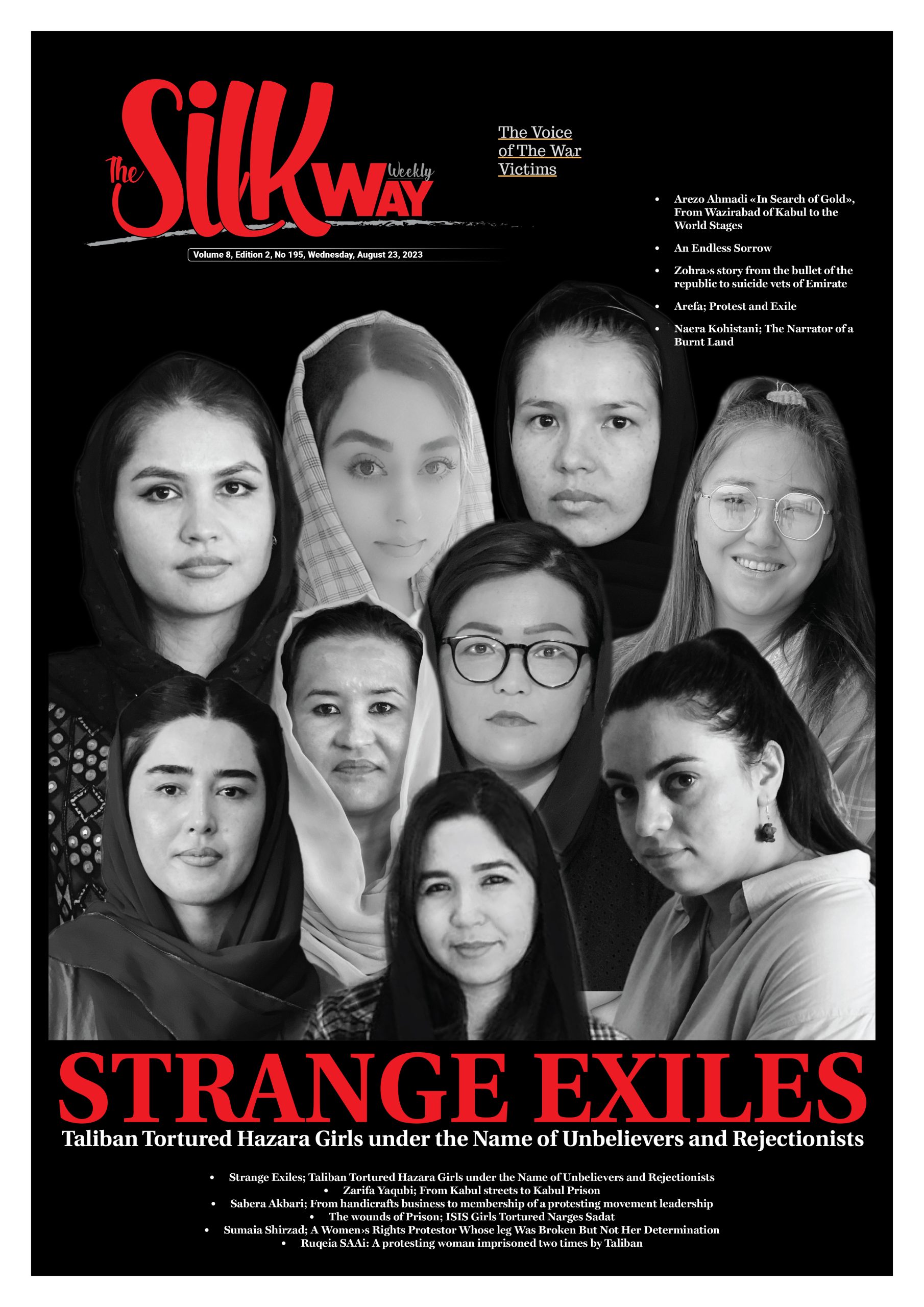 By: Adela Azin Nazari
By: Adela Azin Nazari
Translated by: Mohammad Rezaie
Mazar Women’s Rights Protestors took to the streets on 6, 7 and 8 of September 2021, in Mazar e Sharif, the capital city of Balkh against the gender apartheid and suppressive policies of Taliban and chanted “A single-sex city, stinks.”
Sumaia, a resident of Mazar e Sharif, was one of the first girls who took to the street against the anti-women policies of Taliban. She said they formed a messenger group along with a number of other girls and they also formed various committees to print their slogans and share them on social media. ” In the September 6 protest, most of the protestors were women and girl students and employees of public and private institutions.”
Sumaia and a number of other students took to the streets against the Taliban restrictive policies and chanted “Women can’t be isolated”. The protest march was started from the Blue Mosque to the Balkh Provincial Governor’s Office. Taliban forces arrested a number of the journalists who had come to cover the protest. Taliban also threatened the reporters that if anyone covers the protest, they will arrest them. “They only permitted a number of the international journalists to take photos of the protestors. They showed their IDs to the Taliban forces and they were likely to be the correspondents of reputable international media.
Following this, a number of the women protestors went towards the office of the Balkh Provincial Governor to urge the governor to release the reporters that were detained by the Taliban forces. Taliban forces had told the protestors to talk to the Taliban officials and then stop their protest. “The girls told the Taliban forces that they will not stop their protest unless the reporters are released.”
Women’s rights protestors, who were about 40 to 50 people, left the Balkh PGO and marched towards Shahid Ahmad Shah Masoud square. According to Sumaia, the protestors wanted to stop their protest there and go home. But Taliban attacked them at Ahmad Shah Masoud square, broke the camera of a reporter and slashed him. “You are those who pollute the society with prostitution and vices. Women’s place is at home.” They stated.
“A group of women from the center of Mazar e Sharif, the capital city of Balkh province, on 6th September of 2021, in a protest march, demanded the maintenance of the rights and freedoms they have gained in the past two decades.” BBC reported. A protestor girl had told BBC that Taliban forces had beaten the protestors and reporters. “They cursed us and told us to disperse. Otherwise, we will beat you to death. They searched us for a while on the way home and told us if you take a film, we will break your mobile phones and will beat you.” She said.
 September 6 protest ended and the girls returned home, tired and depressed. Next day, another group of women, who all of them were students, took to the street to demand their rights. Sumaia said that they had formed several groups to come to the streets in turn. They had planned not to leave the streets empty and to advocate every day.
September 6 protest ended and the girls returned home, tired and depressed. Next day, another group of women, who all of them were students, took to the street to demand their rights. Sumaia said that they had formed several groups to come to the streets in turn. They had planned not to leave the streets empty and to advocate every day.
Next day the protesting women took to the street. September 7 protest, was held at Ahmad Shah Masoud street in Mazar e Sharif city. The protesting women demanded women’s participation. Taliban forces detained one of Sumaia’s friends in the protest and then her phone was turned off. She was online about 12. P.M. When Sumaia messaged her, she noticed the messages were read but not replied. I messaged her and it replied, I noticed the voice was strange. I noticed it was a member of Taliban. Then, I was informed by her family members that she had been arrested by Taliban militia.” She said.
In September protest 8, The third group of women’s rights protestors, including students, former security forces, and women employees, protested against Taliban’s anti-women policies. This caused Taliban to conclude it may lead the people of Mazar e Sharif to uprise against the group. Because it was three days that women consecutively took to the street. On the other side, Taliban did not have a good memory of the first round of their rule from Mazar e Sharif. Taliban were afraid of the people, and the people also had deep wounds in their chests and memories from the previous era of the groups’ rule. Mazar e Sharif massacre in 1988, has not yet been erased from the historical memory of Hazaras and the Shiites of this city. Everyone remembered those bitter and terrible days.
Sumaia Shirzad said that the city was under martial law and the Taliban forces were positioned everywhere. “Mazar e Sharif had become a city of terror. A city full of terrorists; similar to the ghost town.” She said. On this day, the protesting girls gathered on Masoud Road and holding banners, chanted against Taliban. “Inclusive government, without participation of women is meaningless.” Another banner said “We don’t wear a veil. Our face is our identity.” “Taliban had surrounded us from four sides and we were like the birds caught in a cage.” Sumaia said. “They had cables that people do not beat animals with them, but Taliban beaten women’s rights protestors with them.” She noted.
 Sumaia has been supported by her family members, especially her mother, in all protests. In September 8 protest, her brother brought her by bicycle to the protest place. Sumaia said Taliban had circled around the protesting girls and it was very difficult to join them. Her friend, Atifa, also had the same problem. Her leg was broken and she was holding a wooden stick and Taliban did not let her to join the women’s rights protestors. According to Sumaia, Taliban prevented Atifa with cable and whip to join the protestors. Sumaia, while holding a banner, tried to take photos and films from the Taliban violence; but could not. She said the camera of her smart phone was in a selfie photo style and she could not adjust it because her hands were shaking from fear of Taliban. But she finally could take some photos and videos from the protest; However, Taliban forces noticed it. “Taliban forces beaten me by a cable. I ran away. But when he hit me with the gun butt, I fell on my face. My glass knee hit the rocks of the road and my legs were injured. Then he cursed me in Pashtu and hit me with a cable. My legs got week. I pulled myself to a corner. I got into a passenger car and ran home.” Sumaia said.
Sumaia has been supported by her family members, especially her mother, in all protests. In September 8 protest, her brother brought her by bicycle to the protest place. Sumaia said Taliban had circled around the protesting girls and it was very difficult to join them. Her friend, Atifa, also had the same problem. Her leg was broken and she was holding a wooden stick and Taliban did not let her to join the women’s rights protestors. According to Sumaia, Taliban prevented Atifa with cable and whip to join the protestors. Sumaia, while holding a banner, tried to take photos and films from the Taliban violence; but could not. She said the camera of her smart phone was in a selfie photo style and she could not adjust it because her hands were shaking from fear of Taliban. But she finally could take some photos and videos from the protest; However, Taliban forces noticed it. “Taliban forces beaten me by a cable. I ran away. But when he hit me with the gun butt, I fell on my face. My glass knee hit the rocks of the road and my legs were injured. Then he cursed me in Pashtu and hit me with a cable. My legs got week. I pulled myself to a corner. I got into a passenger car and ran home.” Sumaia said.
Sumaia, with a broken heart and leg from this protest, went home. Her brother and mother consoled and caressed her. “You are the voice of the people. The voice of the oppressed and deprived women. Silence is betrayal and accepting the oppression of a tyrant is a greater betrayal. I am happy my daughter has raised the voice of justice.” Her mother said.
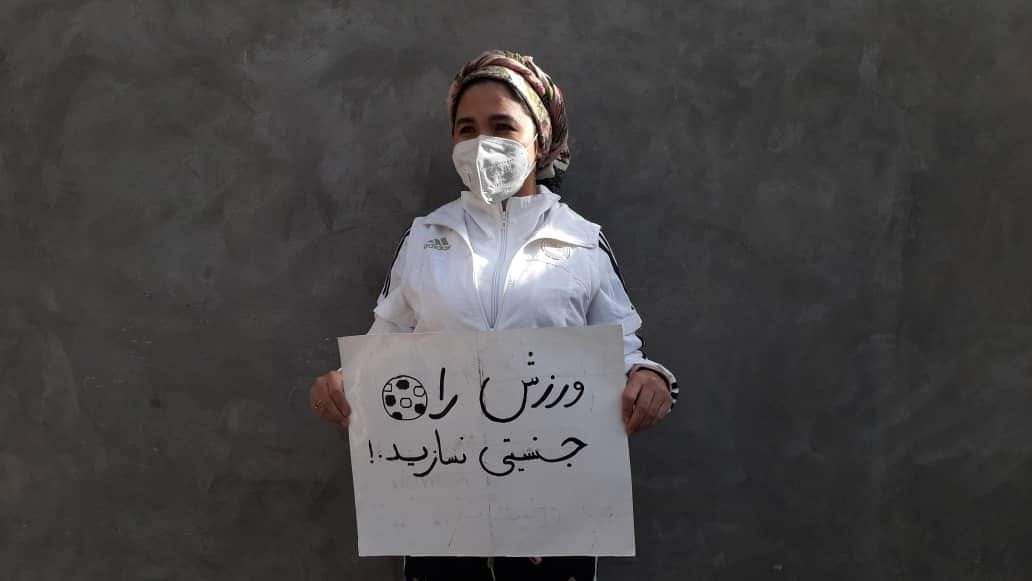 Sumaia said while running away she noticed Taliban had arrested a number of the protesting girls, and transferred them to an unknown place. “While the protesting girls held a banner, the Taliban forces took the girls in groups to private cars and military rangers and took them away. I filmed this scene, Taliban noticed it but I ran away.” She said. The photos Sumaia has shared with the Silk Way Weekly portray Taliban taking the protesting girls to the vehicles.
Sumaia said while running away she noticed Taliban had arrested a number of the protesting girls, and transferred them to an unknown place. “While the protesting girls held a banner, the Taliban forces took the girls in groups to private cars and military rangers and took them away. I filmed this scene, Taliban noticed it but I ran away.” She said. The photos Sumaia has shared with the Silk Way Weekly portray Taliban taking the protesting girls to the vehicles.
While Sumaia’s legs were broken and needed to be treated, she could not go to a hospital because she was afraid of being arrested by Taliban. Although she suffered from pain in her legs, she remained at home. She hugged her knees; teared her wounds and every moment she remembered the dark nights of the girls who were detained by Taliban. Sumaia who had been whipped by Taliban on the street, thought at home about the girls in the Taliban prison, and what a sad and terrible fate they would have. The pain in her legs increased and she went to an orthopedic doctor. One of her friends had heard that Taliban had broken Sumaia’s legs and took her to a private hospital and treated her legs. While she still suffered from the leg pain, she continued her protests against the apartheid regime of Taliban.
When the pain in her legs subsided a little, she started protesting against Taliban from home and chanted “Women are not a second-degree human.” Sumaia spent very bad days in Mazar e Sharif and even her friends and relatives abandoned her and when she greeted them, they did not return it. And when she asked for a safe place, they refused it.
Sumaia’s relatives not only did not provide her a safe place, but ridiculed her, they said sarcasm and called her “the protestor gains the system”. These days turned to bad days for Sumaia that they have no equivalent in her life. The scream that is suffocated in her voice, makes Mazar to look too small for her and her child. Sumaia left Mazar with her affections and longings and went to Kabul; where the senior Taliban leaders of the Taliban have occupied the government offices and are ruling by cruelty on the oppressed people; they suppress the free media and imprison and suppress the women’s rights protestors and torture and kill them.
Women’s rights protestors, in Kabul, tell Sumaia to come to Kabul, because it is a big city and Taliban can’t identify and search her easily. She remained for a while in the house of one of her friends and then was moved to a safe house in Kabul. When Sumaia was moved to a safe house, Taliban were informed that some of women’s rights protestors had come from Mazar to Kabul. Then, Taliban arrested 29 female protestors from a safe house in Shirpor, Kabul, including Sumaia and all of them were imprisoned. “They remained in the prison for 15 days. I was released on bail by my mother and father. When I was imprisoned in Kabul, they were informed and came from Mazar to Kabul to release me.” She said. Sumaia says that she can’t express what she has experienced in the Taliban prison in Kabul.
 After Sumaia was released, she stayed in the house of one of her friends in Kabul. She stayed there for a while; but, then, they ask her to leave their house because they may be punished for Sumaia’s crime; the crime of advocating for justice and human rights of women. Sumaia is forced to return to Mazar. And then makes her final decision. She returned to Kabul after 3 days. And she remained in the ghost city of Kabul. The next step was to be deported from the country.
After Sumaia was released, she stayed in the house of one of her friends in Kabul. She stayed there for a while; but, then, they ask her to leave their house because they may be punished for Sumaia’s crime; the crime of advocating for justice and human rights of women. Sumaia is forced to return to Mazar. And then makes her final decision. She returned to Kabul after 3 days. And she remained in the ghost city of Kabul. The next step was to be deported from the country.
Sumaia worked in an international organization before the republic collapsed and she also took part in humanitarian activities voluntarily. She has worked to conduct a short survey of the child labor on the streets of Mazar e Sharif. According to her, it has been one of the best and sweetest moments of her life.


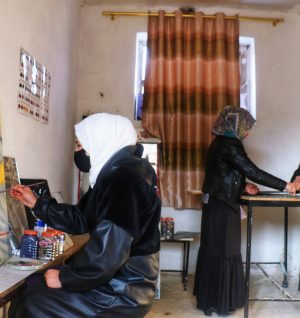
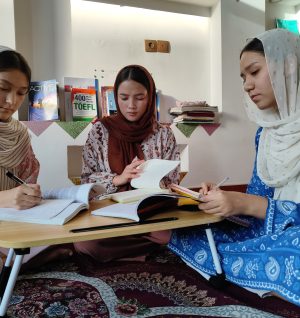
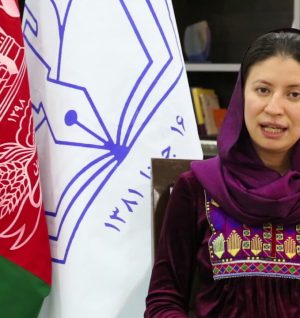
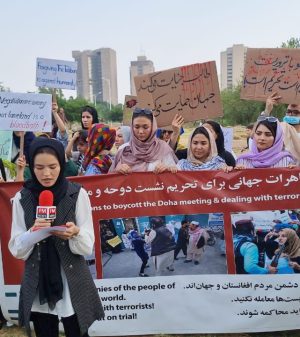
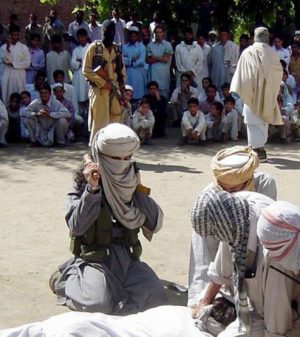
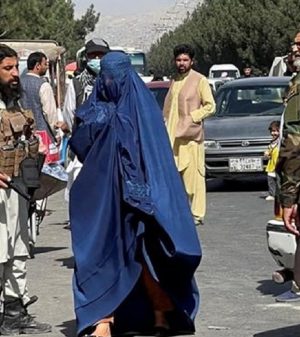
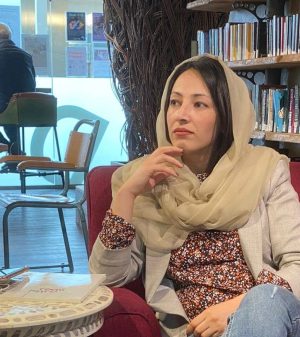
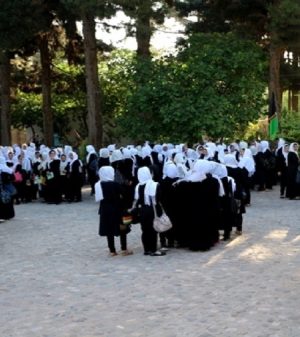
Add Comment